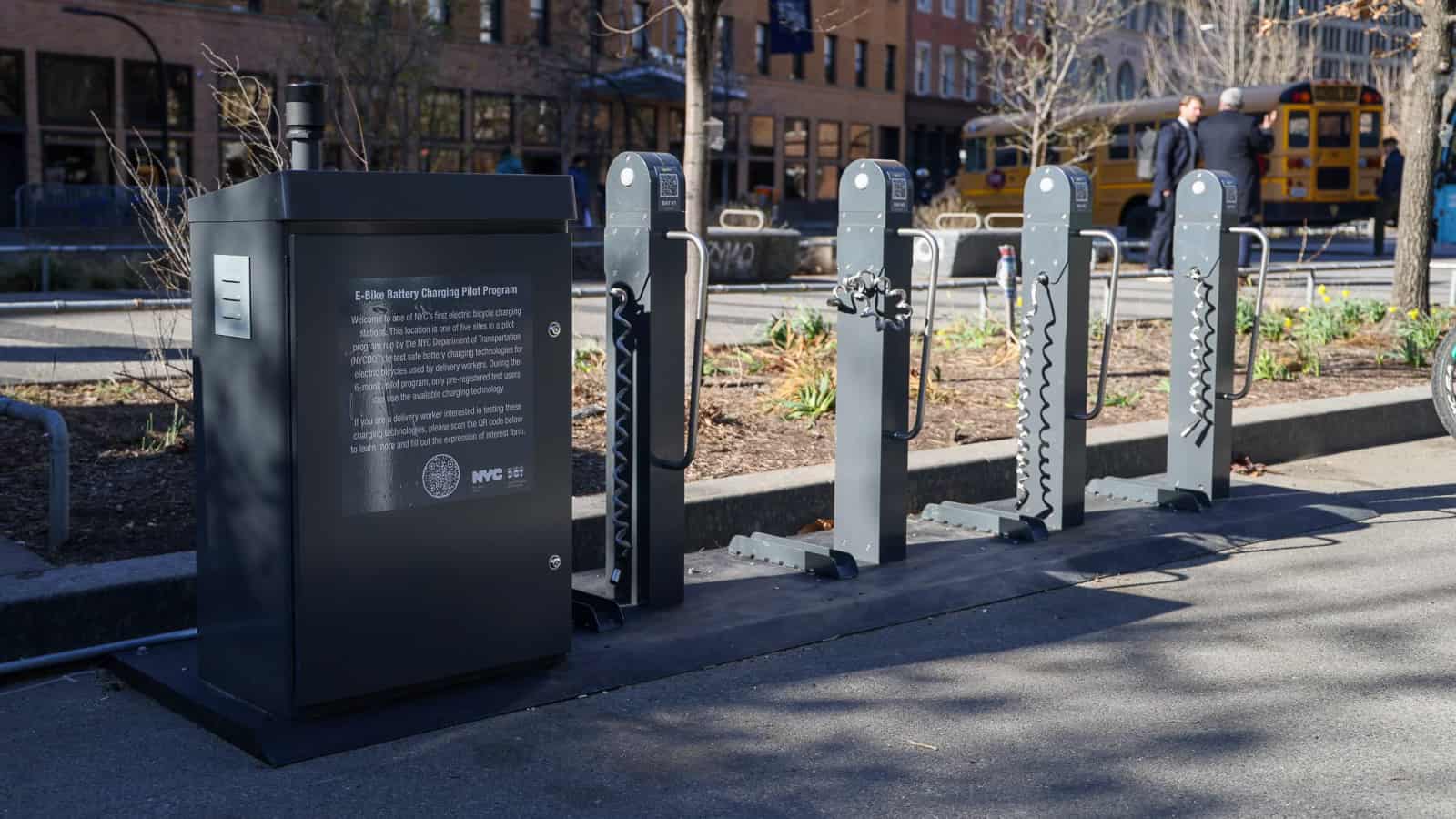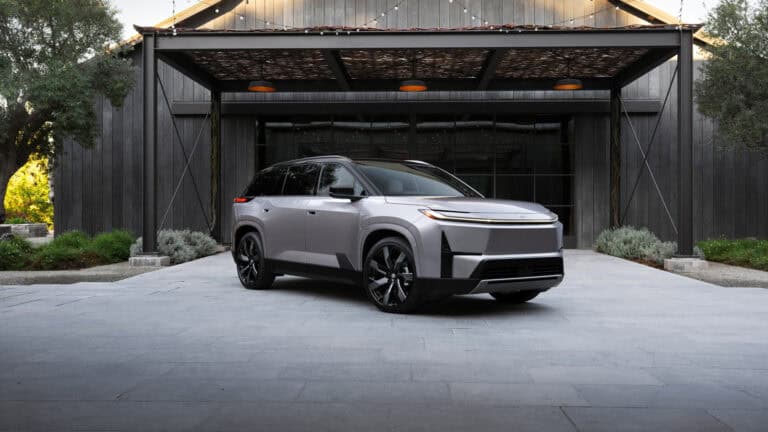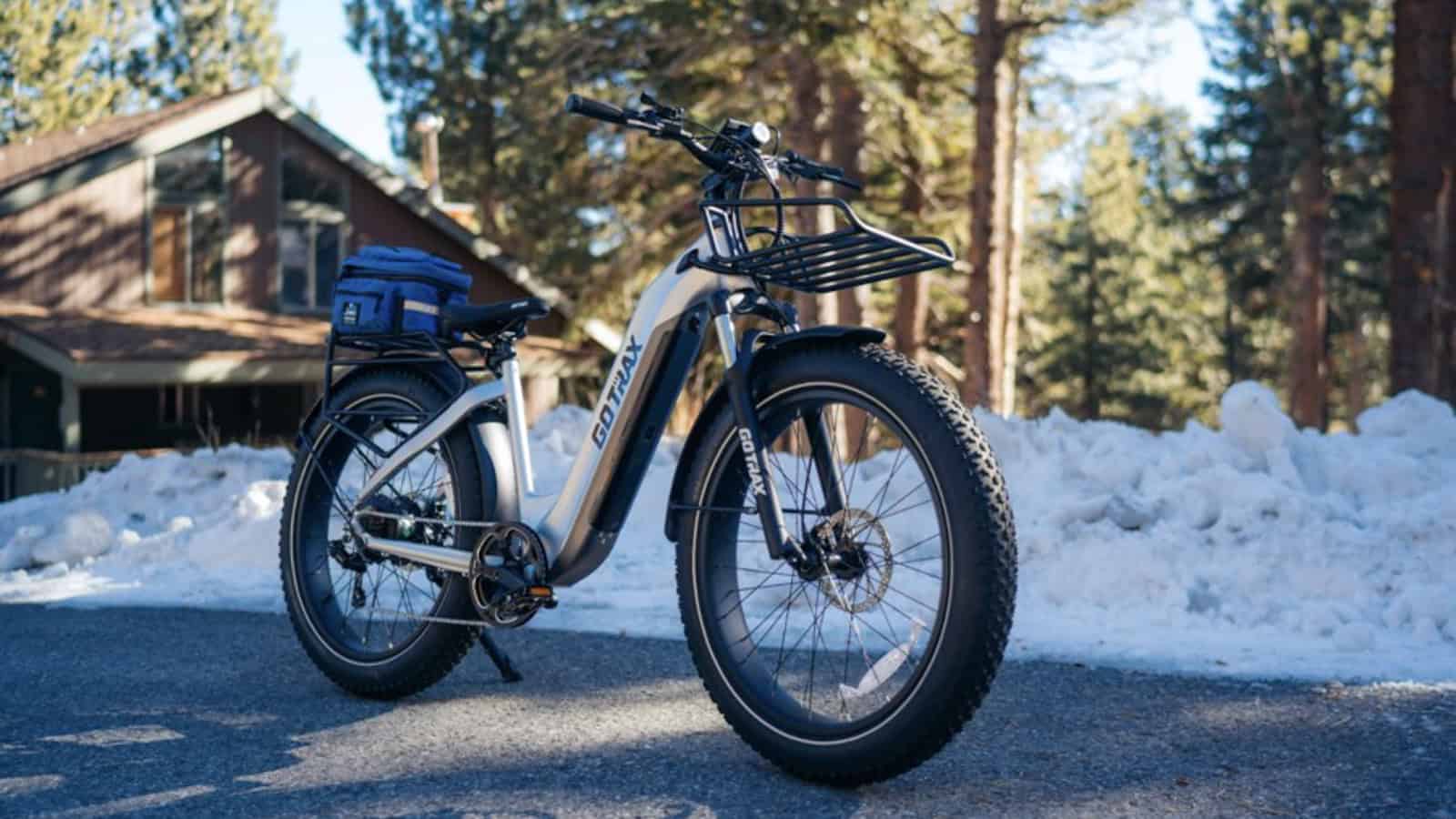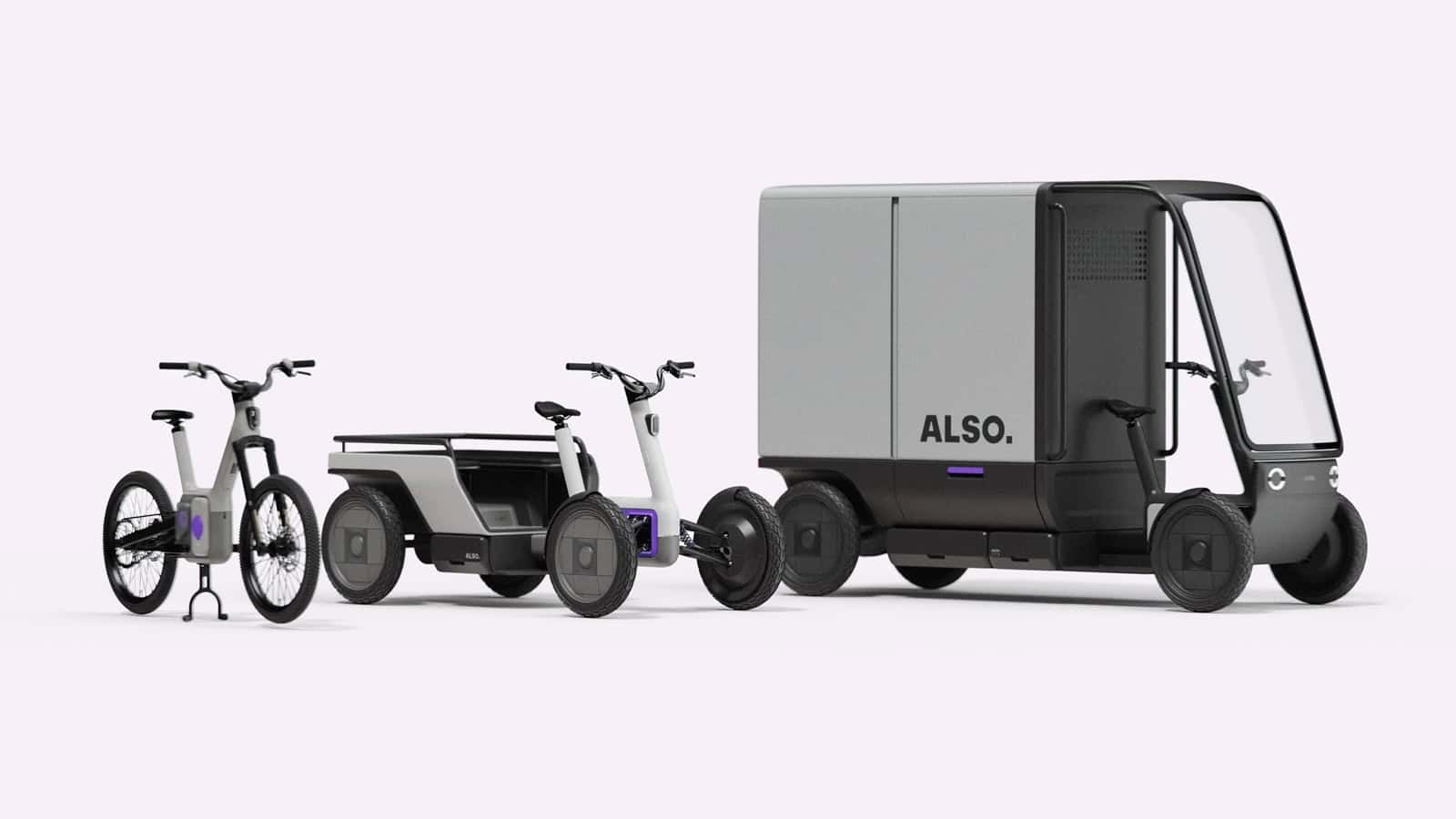- New York is launching a trailblazing e-bike charging pilot for delivery workers.
- The free program is one of the highest-profile efforts to develop public micromobility infrastructure.
- E-bikes can play a crucial role in decarbonizing transportation.
ADVERTISEMENT
E-bike charging stations are finally in the spotlight after New York City’s Department of Transportation kicked off a first-of-its-kind pilot for delivery workers. NYC DOT launched the program with a new bike charging site in Manhattan’s Cooper Square. The city plans to open four additional sites in Manhattan and Brooklyn “in the coming weeks,” per New York’s Economic Development Corporation.
Pilot for E-Bike Charging Stations Is Open to Small Group of Workers
The six-month pilot is free and open to “an initial group of 100 delivery workers.” Such workers are typically contractors, who shoulder the cost of their e-bikes and navigate car-centric roads with limited support from popular, multi-billion-dollar delivery apps such as DoorDash.
The pilot has received support from Los Deliveristas Unidos, a labor group supporting app delivery workers. A representative for the group, Alejandro Grajales, said the new infrastructure is “critical to enhancing e-bike safety for not just the delivery workforce but the entire community at large.”
Battery Safety Remains a Concern in NY
In another statement, Mayor Eric Adams said the pilot will offer workers the “ability to access safe, accessible, outdoor battery-charging that will undoubtedly save lives.” He added, “we’re eager to expand this pilot even further.”
“For delivery workers trying to make ends meet, these batteries are a necessity, but without regulation, they are costing people their homes, businesses, and lives,” said New York State Assemblymember Grace Lee. Hundreds of fires linked to lithium-ion batteries killed a total of 17 people in New York in 2023, according to the city’s fire department, which plans to conduct ongoing inspections of the pilot sites.
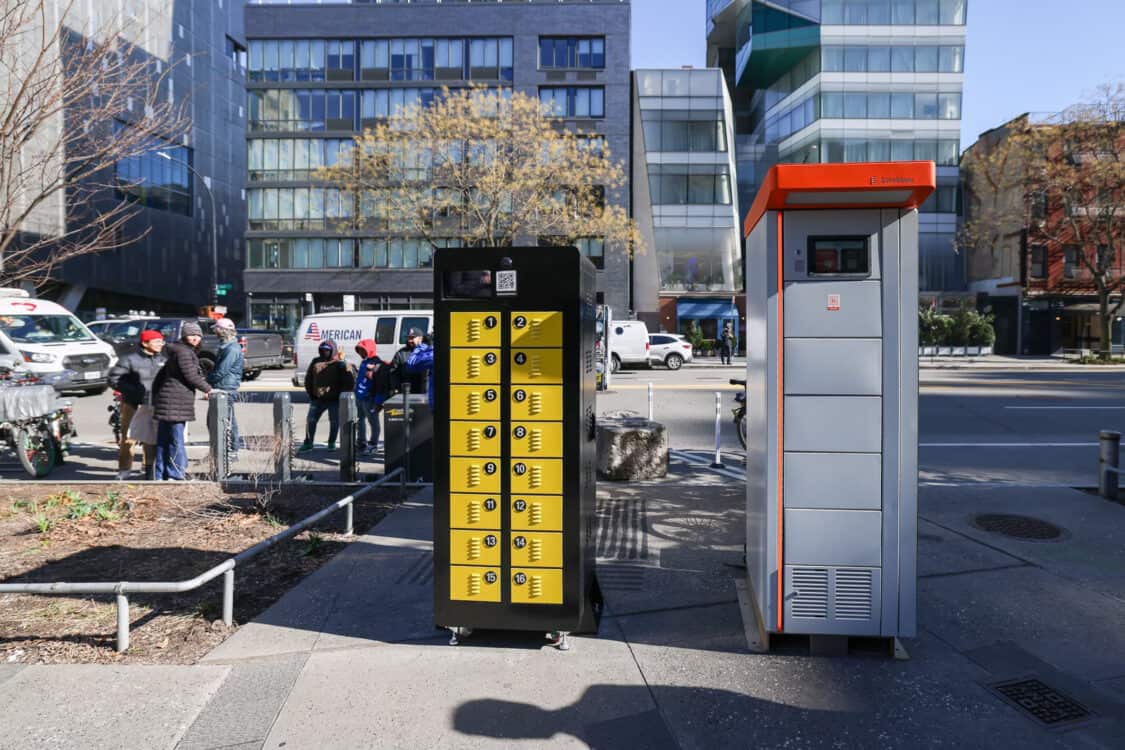
Swiftmile, a startup based in the San Francisco Bay Area, is working with NYC’s Department of Transportation to deploy e-bike charging stations. Simultaneously, New York-based Popwheels and Germany’s Swobbee are “providing swappable battery systems, enabling participating e-bike users to swap a depleted, UL-certified e-bike battery for a fully-charged battery at designated outdoor battery cabinets,” per the EDC.
Separately, New York Public Advocate Jumaane Williams is looking to spend $1.3 million to buy and distribute fire retardant storage cases for lithium batteries.
Cities Continue Push for E-Bike Charging
Though the pilot is limited in scale, it’s among the highest-profile public efforts to develop micromobility infrastructure.
“I think we are at a tipping point,” Beth Ferguson, a professor at UC Davis’ Institute of Transportation Studies, told Electrify News. “Cities are paying attention, but they’re also trying to figure out how they’re going to do electric charging infrastructure,” as trenching for e-bike charging stations, for example, “could be $100,000,” Ferguson added.
Back in 2022, Oregon added standard (110 volt) outlets to a stretch of public electric vehicle chargers for use by e-bike owners. Still, such efforts are few and far between next to U.S. efforts to develop a national EV charging network for cars and trucks.
ADVERTISEMENT
Cyclists who ride e-bikes “have the same range anxiety” as other electric vehicle owners, John Boyle, the research director at the Bicycle Coalition of Greater Philadelphia, told Electrify News in a separate call. Yet, the “e-bike market has been left out of the effort to install EV chargers all around the country,” said Boyle. “A lot of governors have made them a high priority, but 95% of the EV charging stations that are put out there don’t even have a regular, 110-volt outlet to plug in your bike,” he added.
Worse, Boyle pointed to a New Jersey bill as one example of “bad” policy efforts that could slow e-bike adoption, despite the climate upsides of ditching cars and trucks for lighter modes of electric transportation. The bill would require that riders buy insurance and register e-bikes with the state.
Another bill in California would require e-bike riders without standard driver’s licenses to acquire a state ID and pass a written test. The NYC bike pilot, on the contrary, is what lawmakers “should be focused on — actually improving the infrastructure for e-bikes and not making it more difficult to own a bike,” argued Boyle, who cautioned that registration requirements also create “context for unwarranted police stops.”
Cars, as well as car collisions, are the biggest barriers to e-bike adoption, said Ferguson, who added that one way to make streets safer for cyclists and pedestrians alike is to lower speed limits.
“I think the future is more services giving people transit options,” said Ferguson, “and that’s how we’re going to change behaviors to reduce carbon emissions related to vehicles.”
ADVERTISEMENT

IMAGES: NYC DOT
FTC: We use income-earning auto affiliate links. Learn more.


